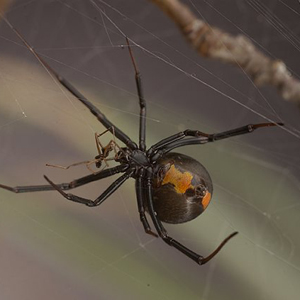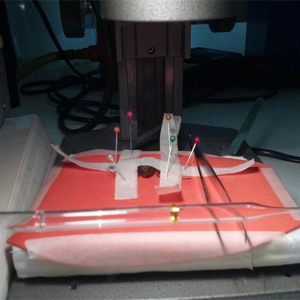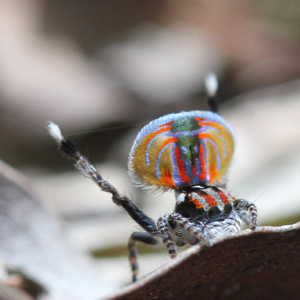
by Michael | Jan 8, 2014 | Current Research [OLD], Lab News
Organisms undergo a series of complex changes to mature. Things are made more complex by individuals having to account for the environment when making these developmental decisions. We currently know very little about the mechanisms behind these decisions, which...

by Michael | Jan 7, 2014 | Current Research [OLD]
There is no question that video games are now part of our culture. Despite this understanding, we still know very little about why people are so drawn to playing games and why they play the games they do. One interesting facet of the gaming community is that men have...

by Michael | Jan 6, 2014 | Current Research [OLD]
All living organisms are developmentally plastic. This plasticity allows individuals to invest resources into the traits that offer them the greatest likelihood of success. Although we have a strong understanding of the different environments that trigger plasticity,...

by Michael | Jan 5, 2014 | Current Research [OLD]
Learning is important. How well could individuals perform if they didn’t learn from their experiences to become better hunters, avoid predators, court mates, or even when to escalate a conflict. There is evidence demonstrating that individuals differ in their capacity...

by Michael | Jan 4, 2014 | Current Research [OLD]
Strong, yet flexible, spider silk is the most unique extended phenotype in the animal kingdom. The development of various silk types allowed spiders to radiate into numerous niches they inhabit today. Despite research exploring the diversity of web types and their...

by Michael | Jan 3, 2014 | Current Research [OLD]
Bright colours, long eye stalks, inflatable abdominal sacks, or snappy dance moves, there are many traits that males possess that individuals use to choose a mate. In each case, the traits can signal some aspect that is important to survival and reproduction such as...







